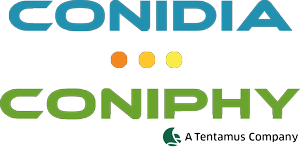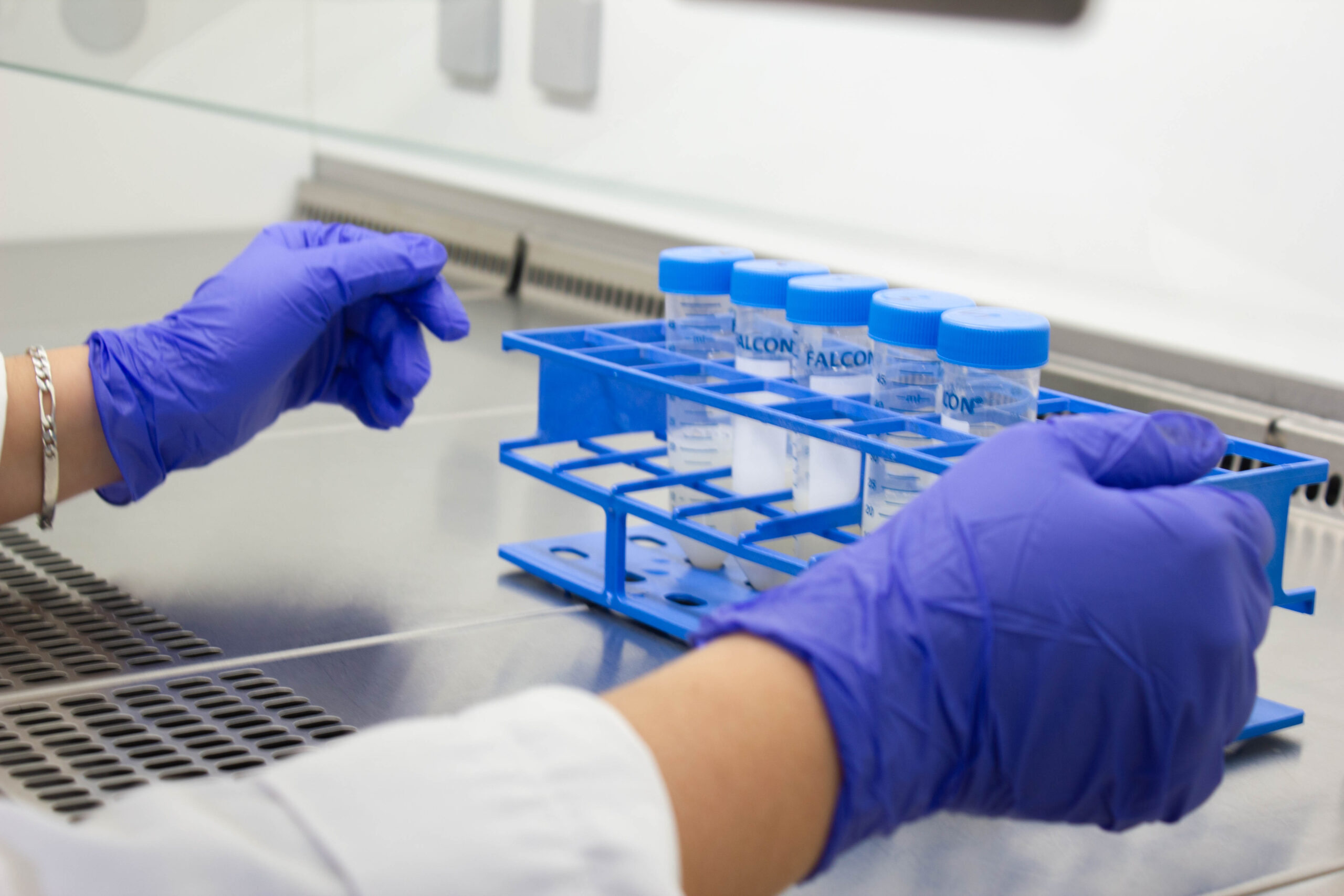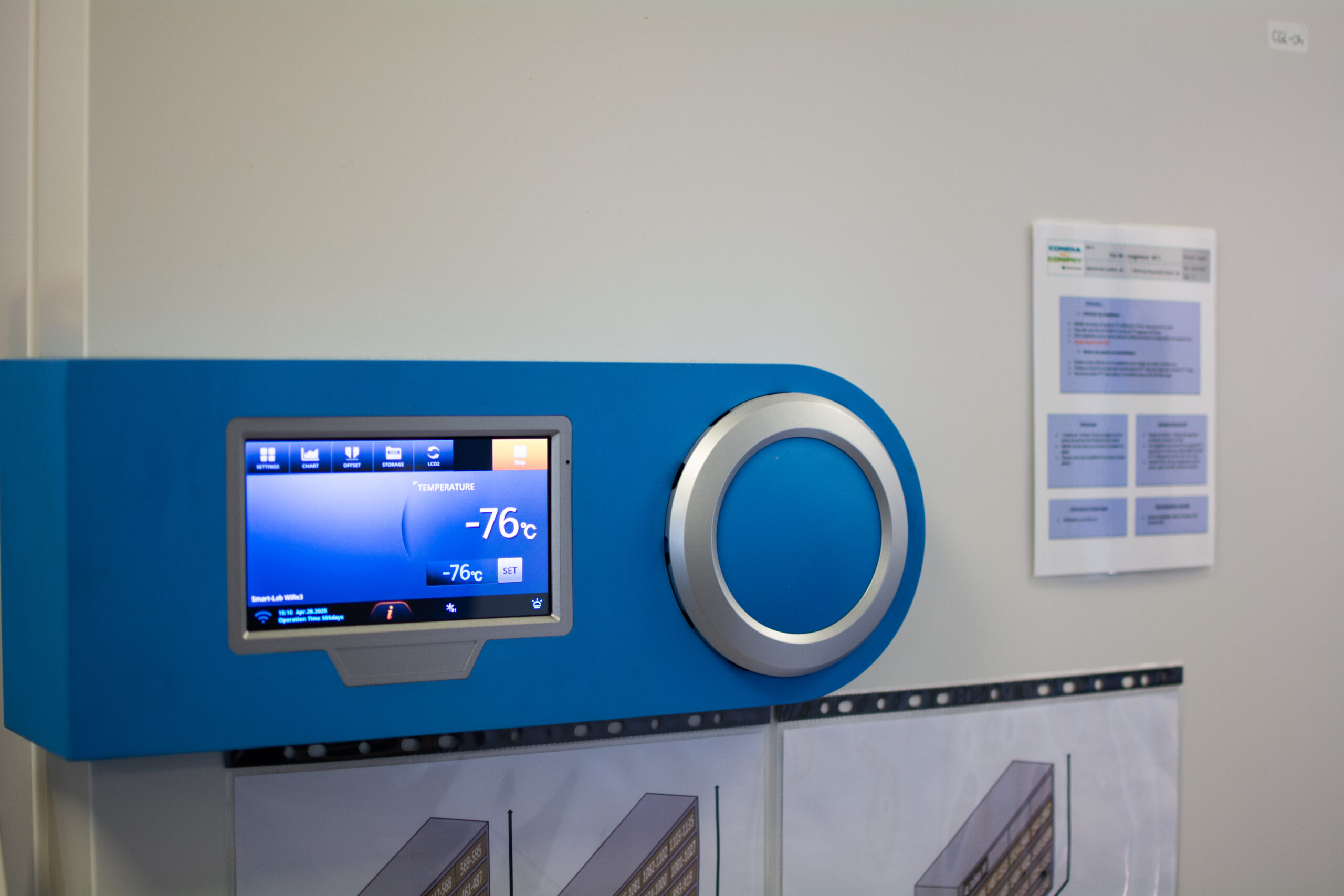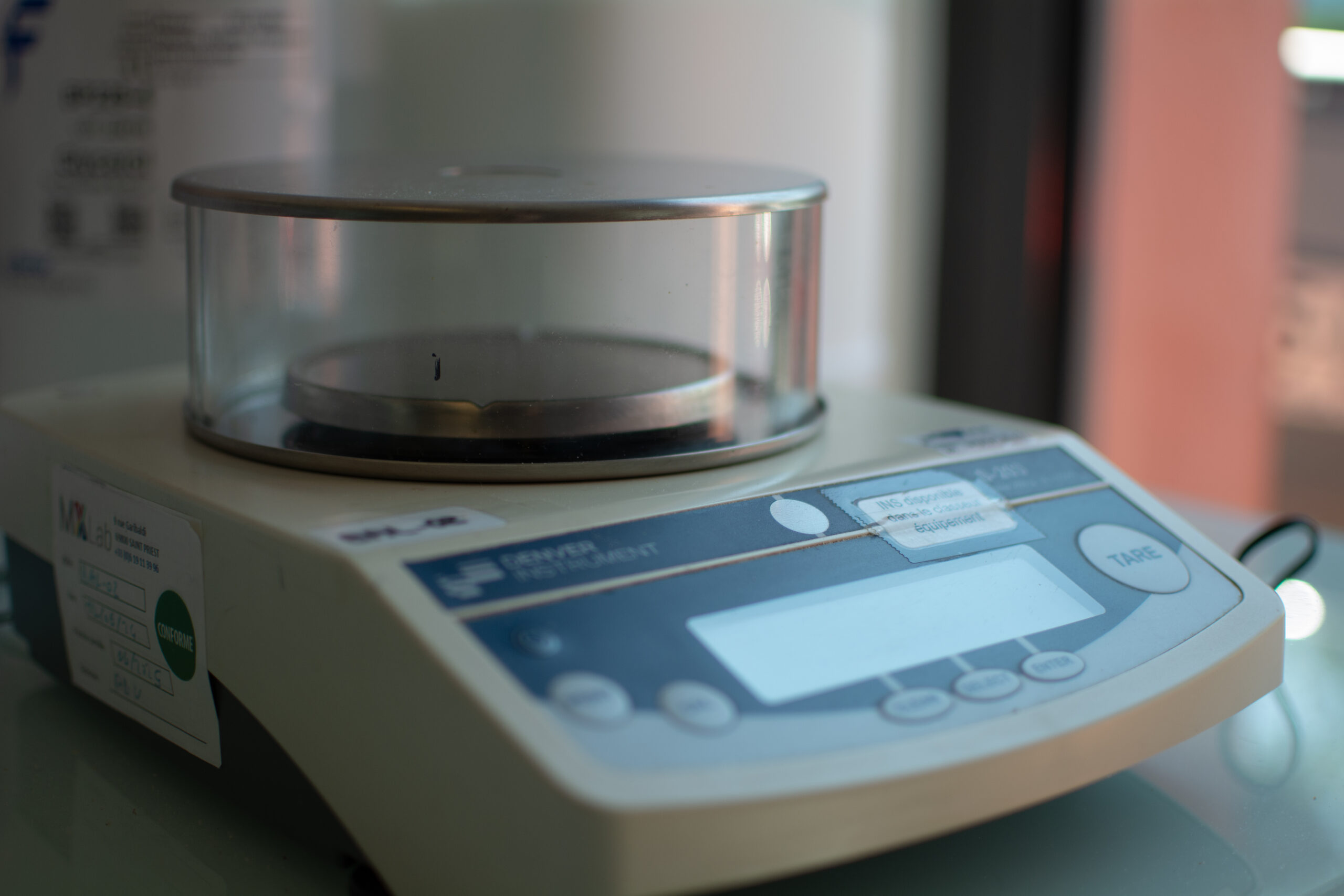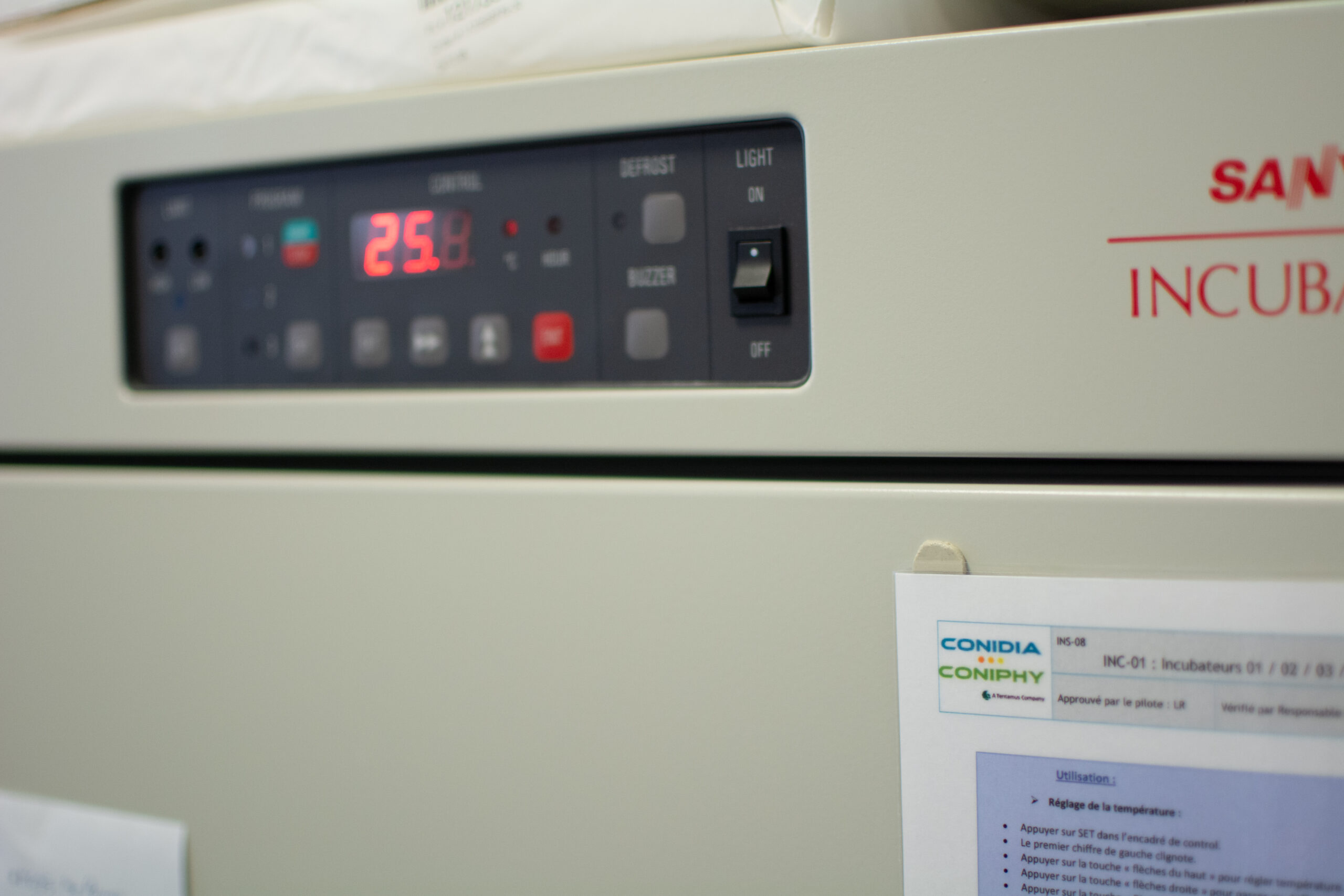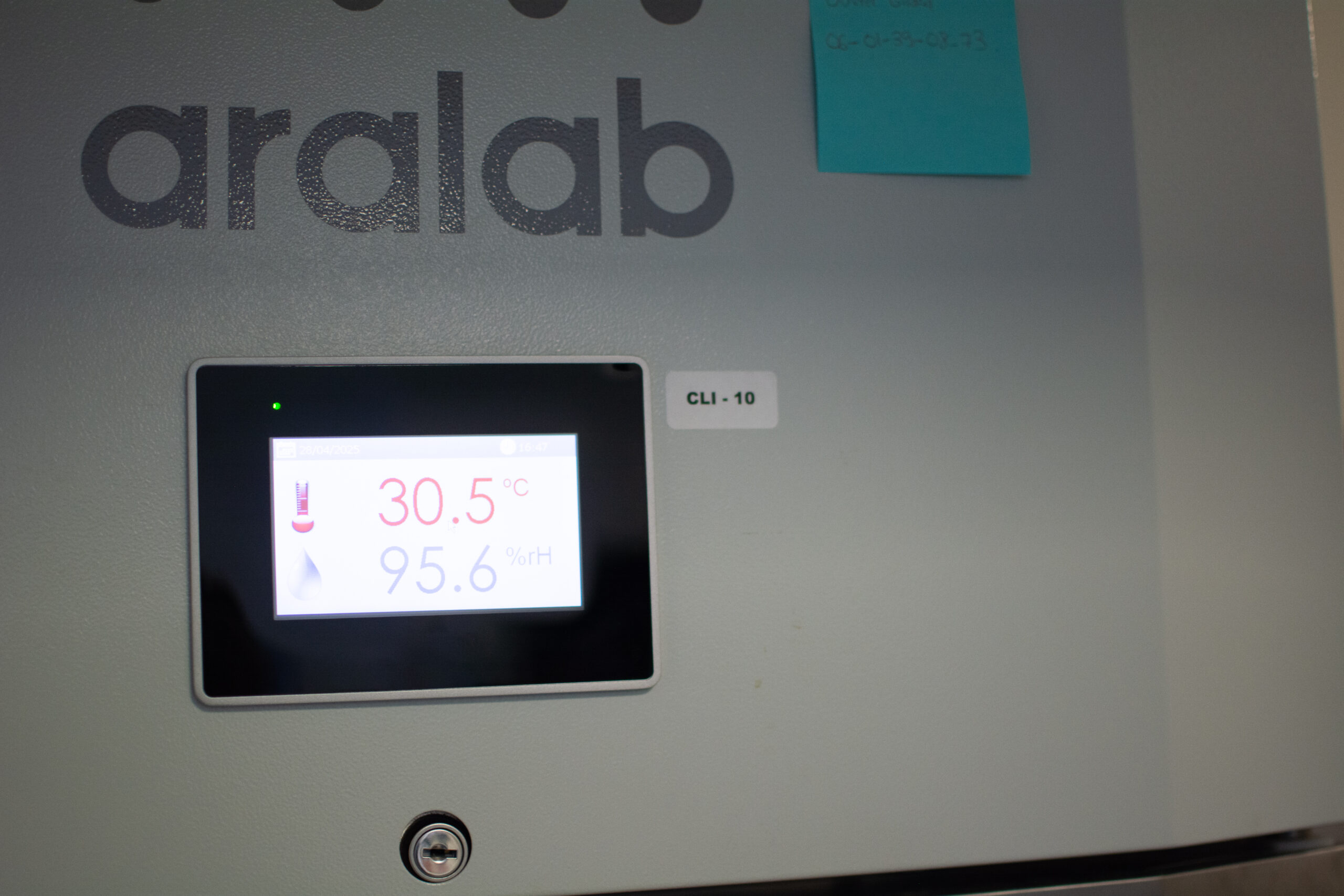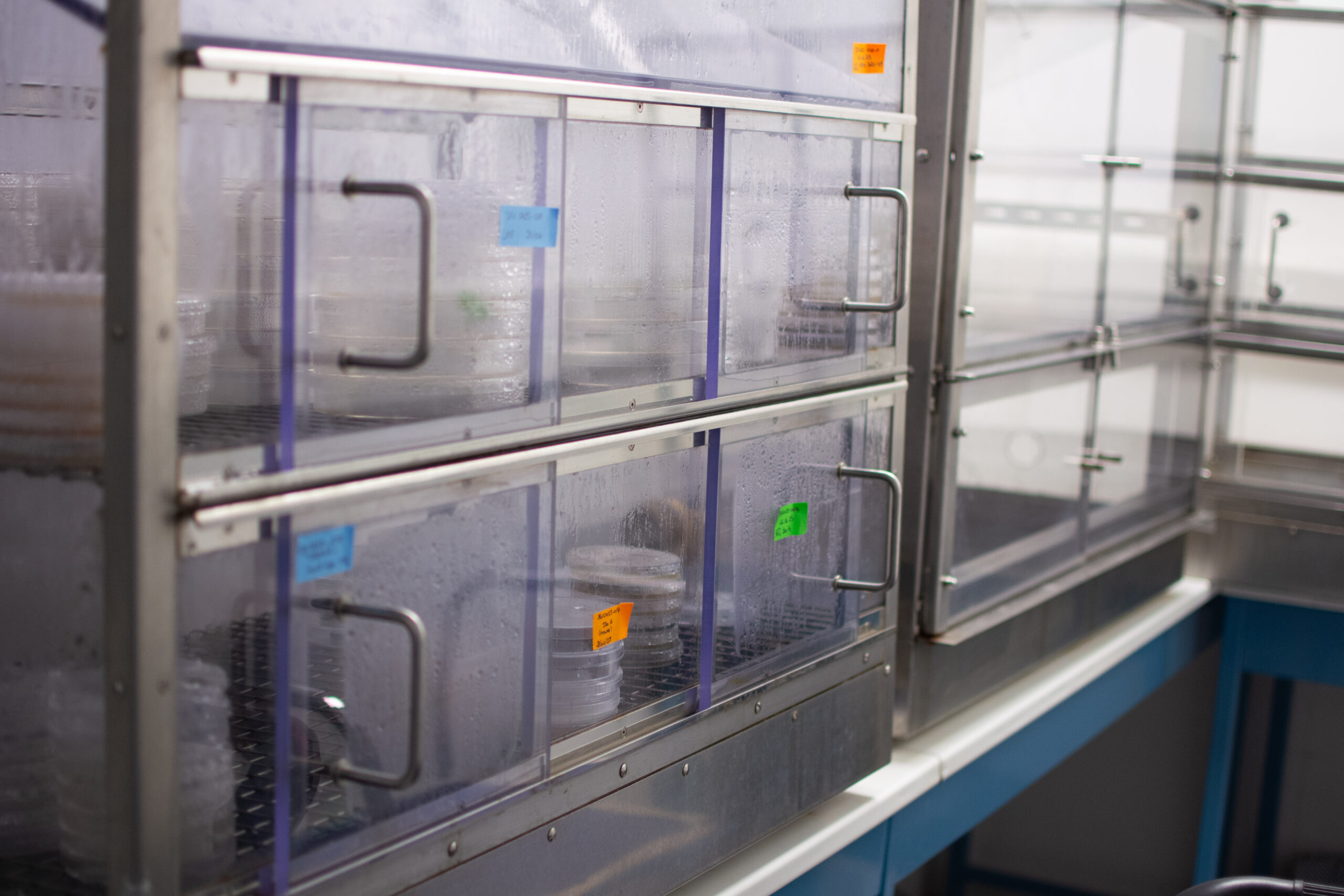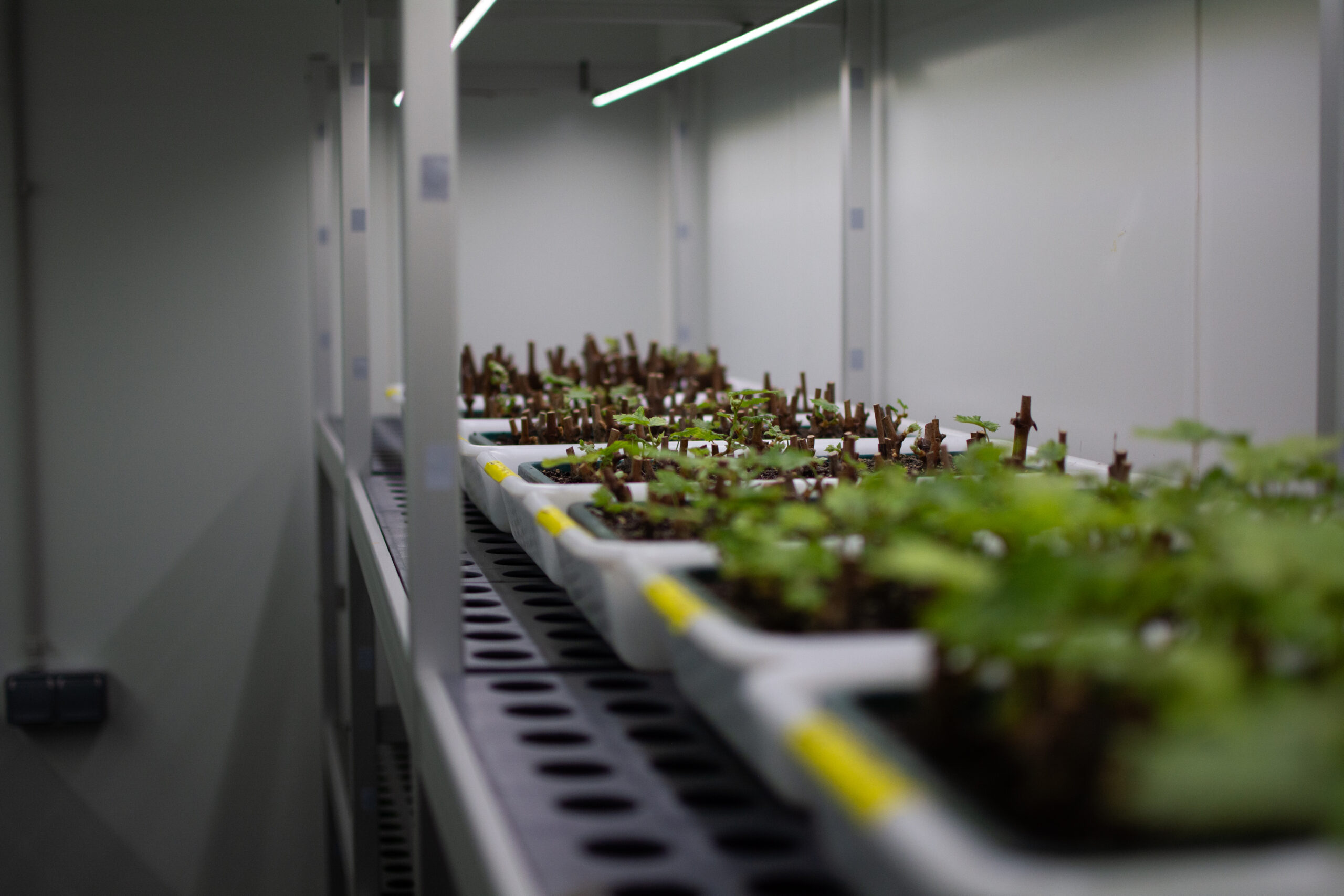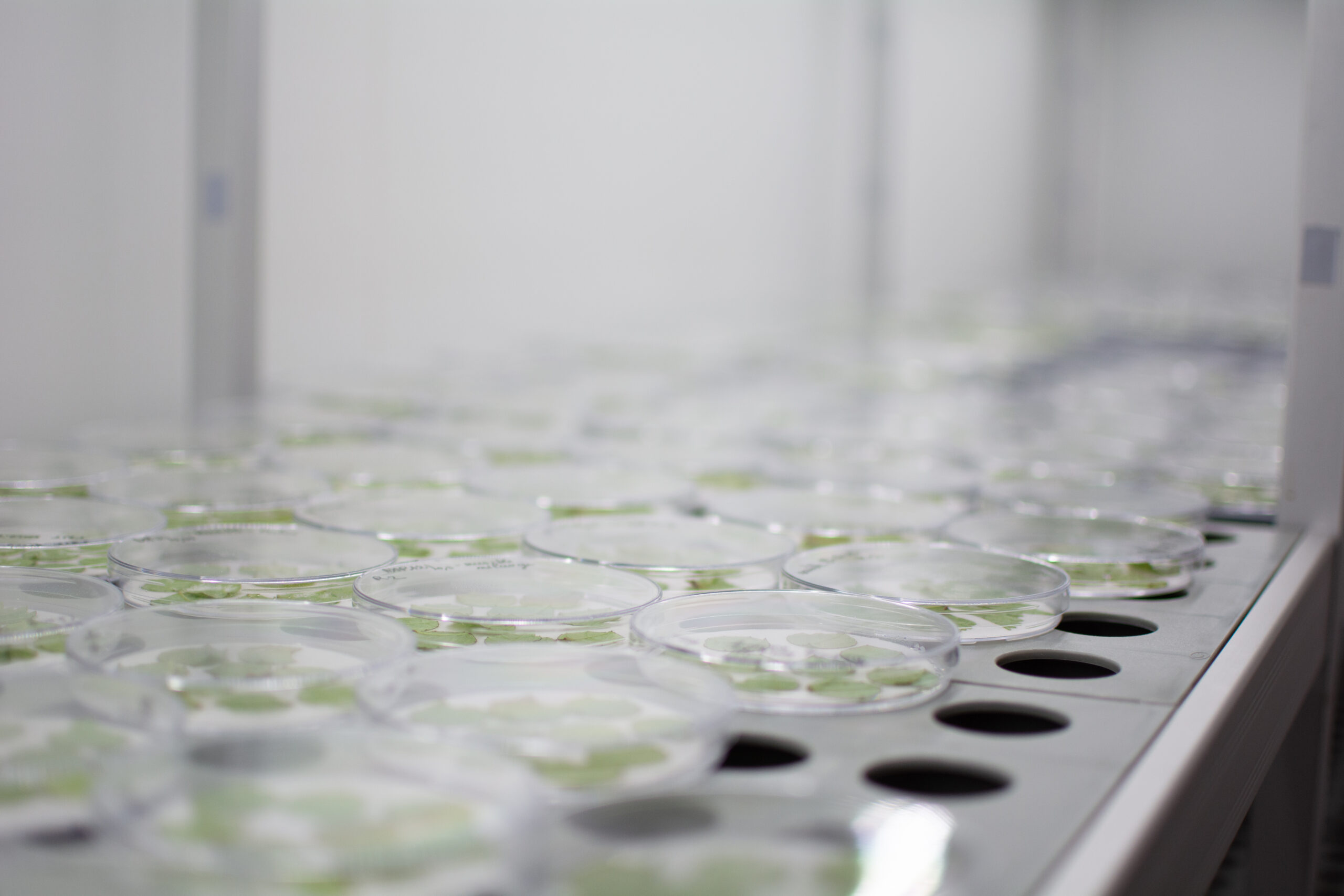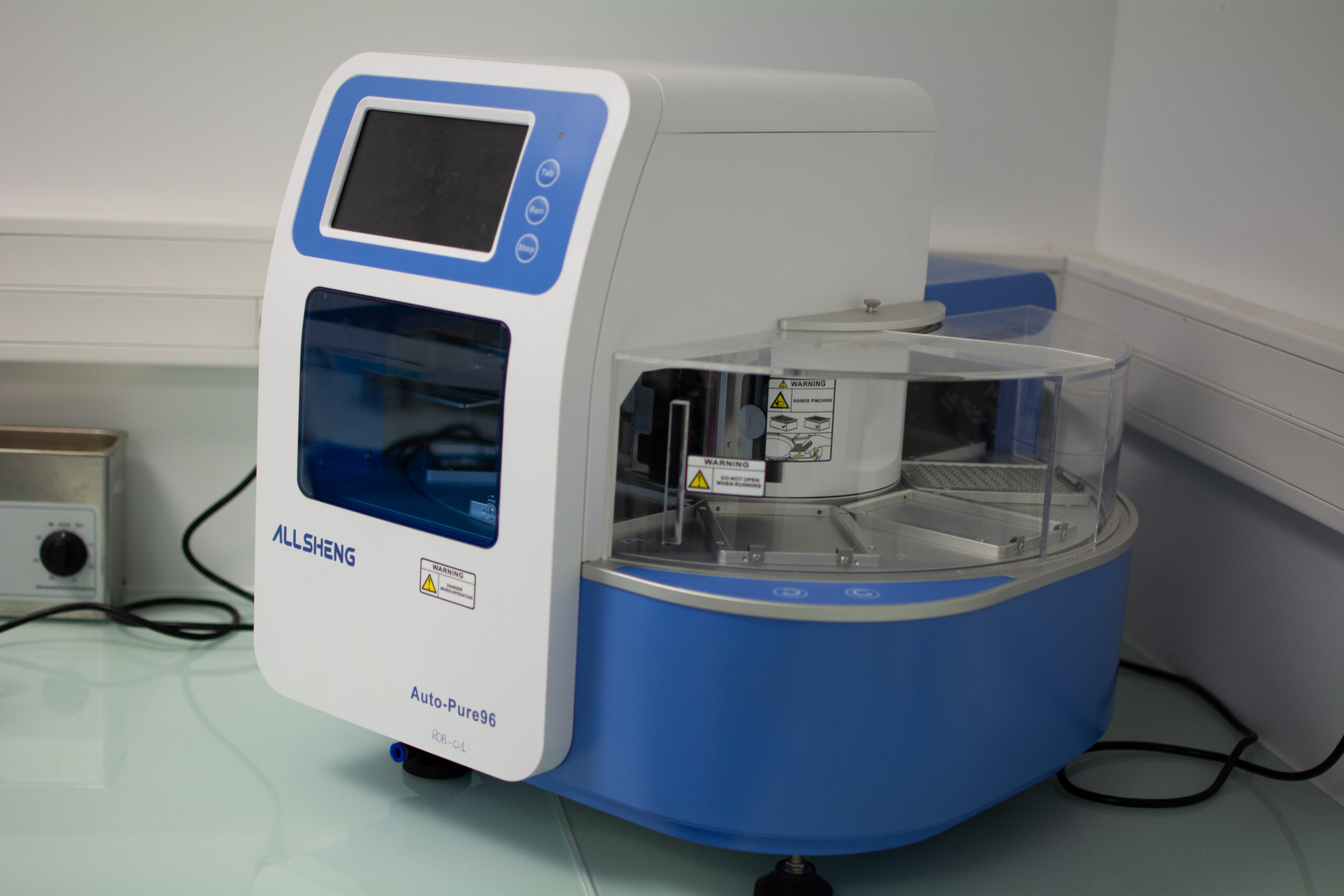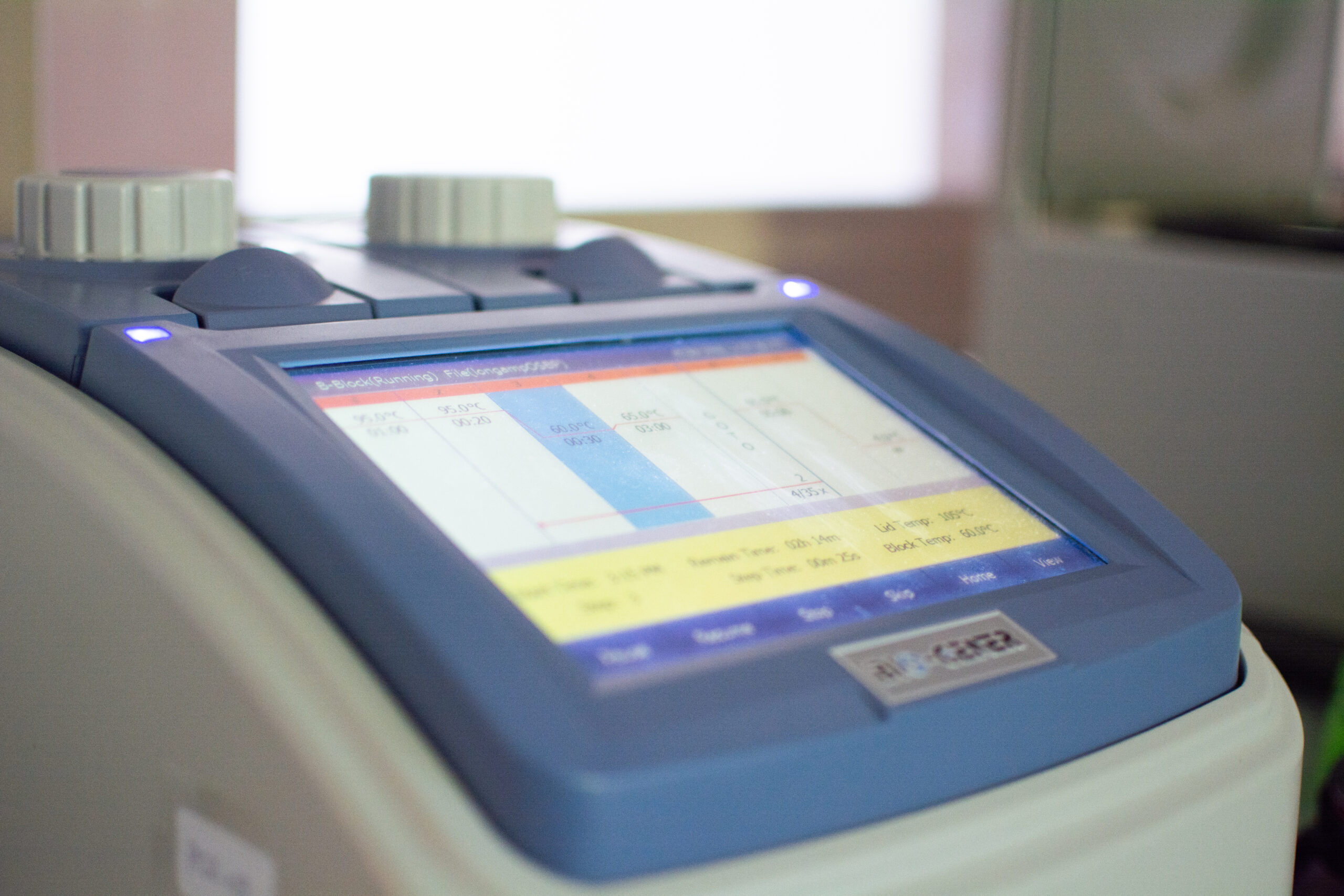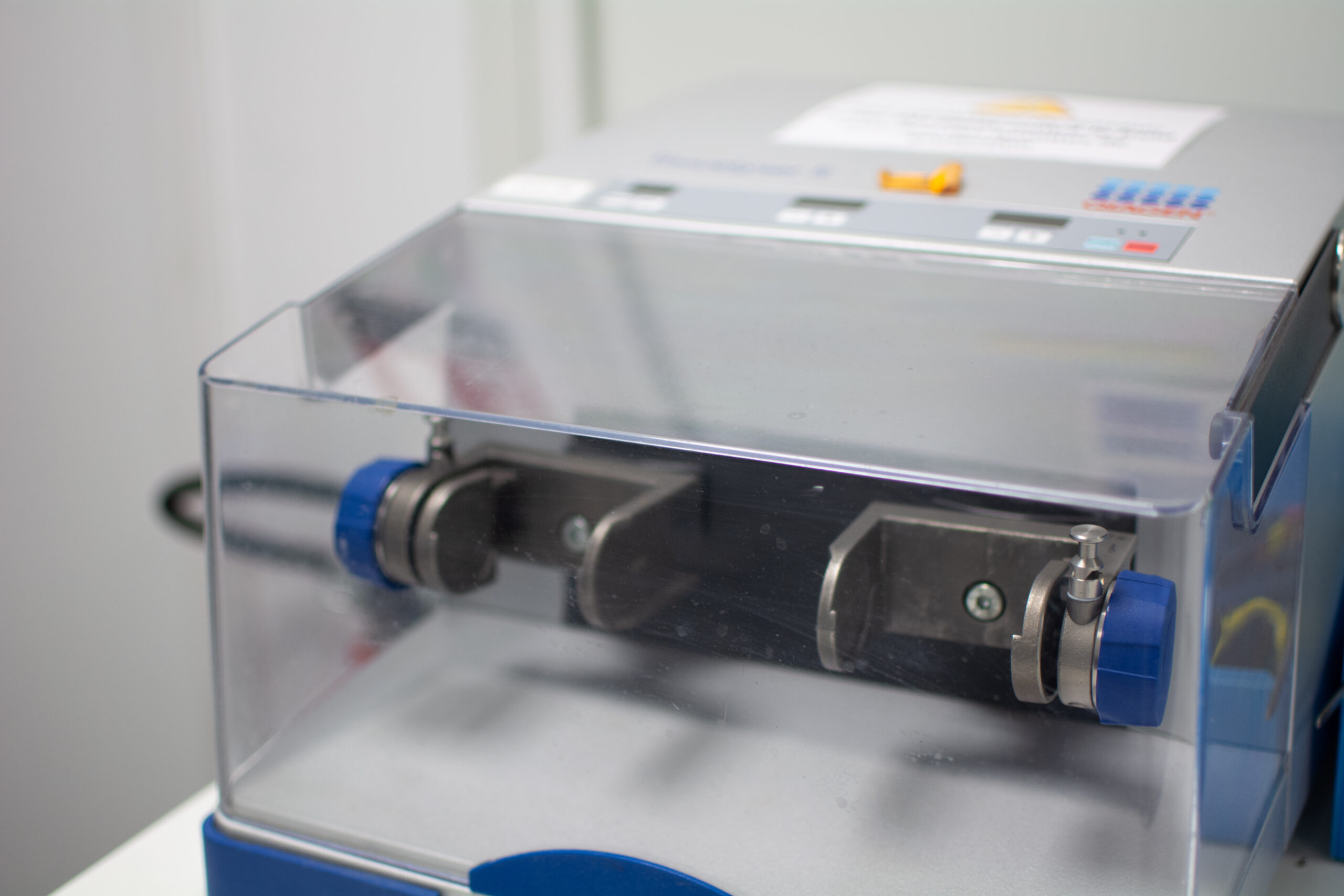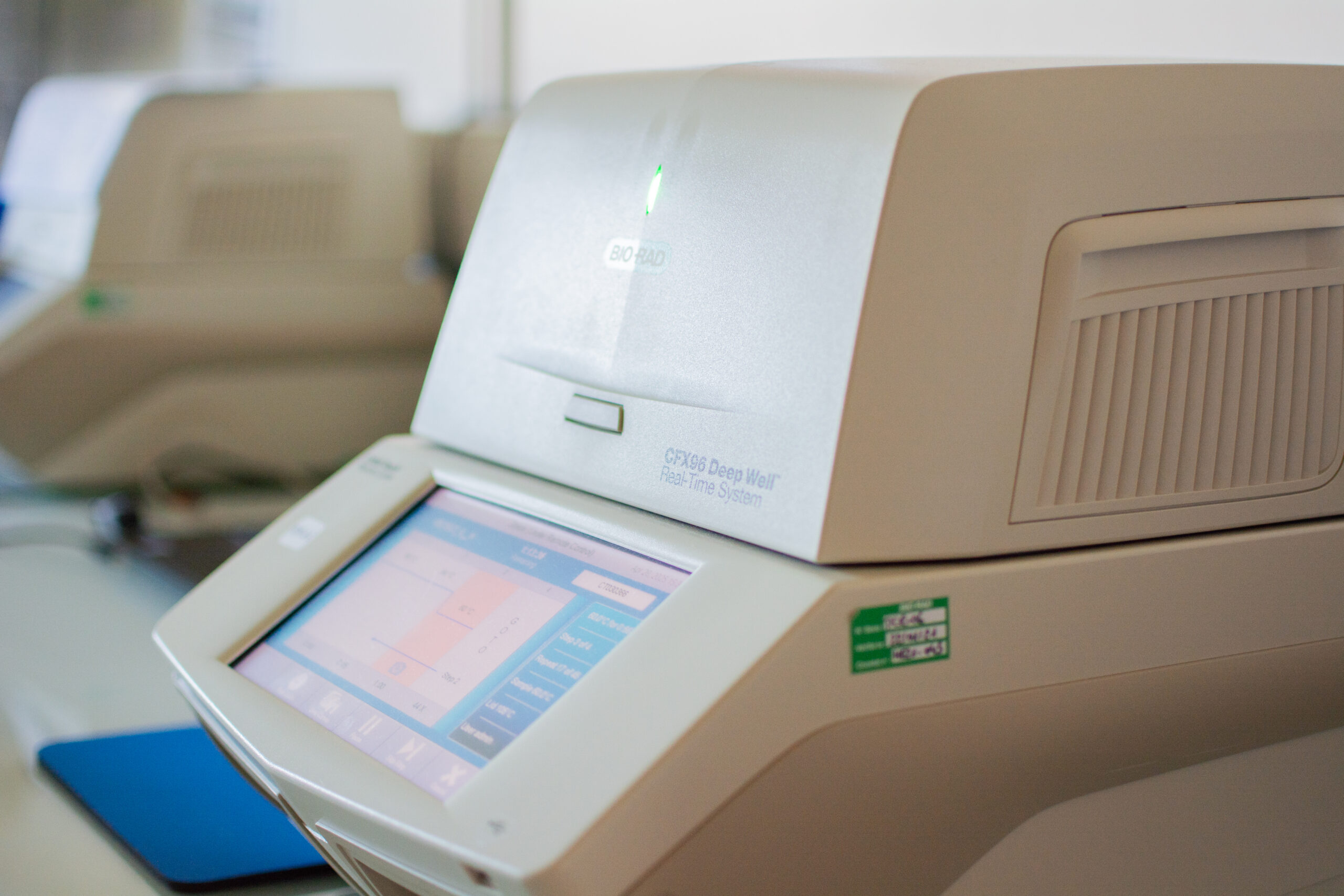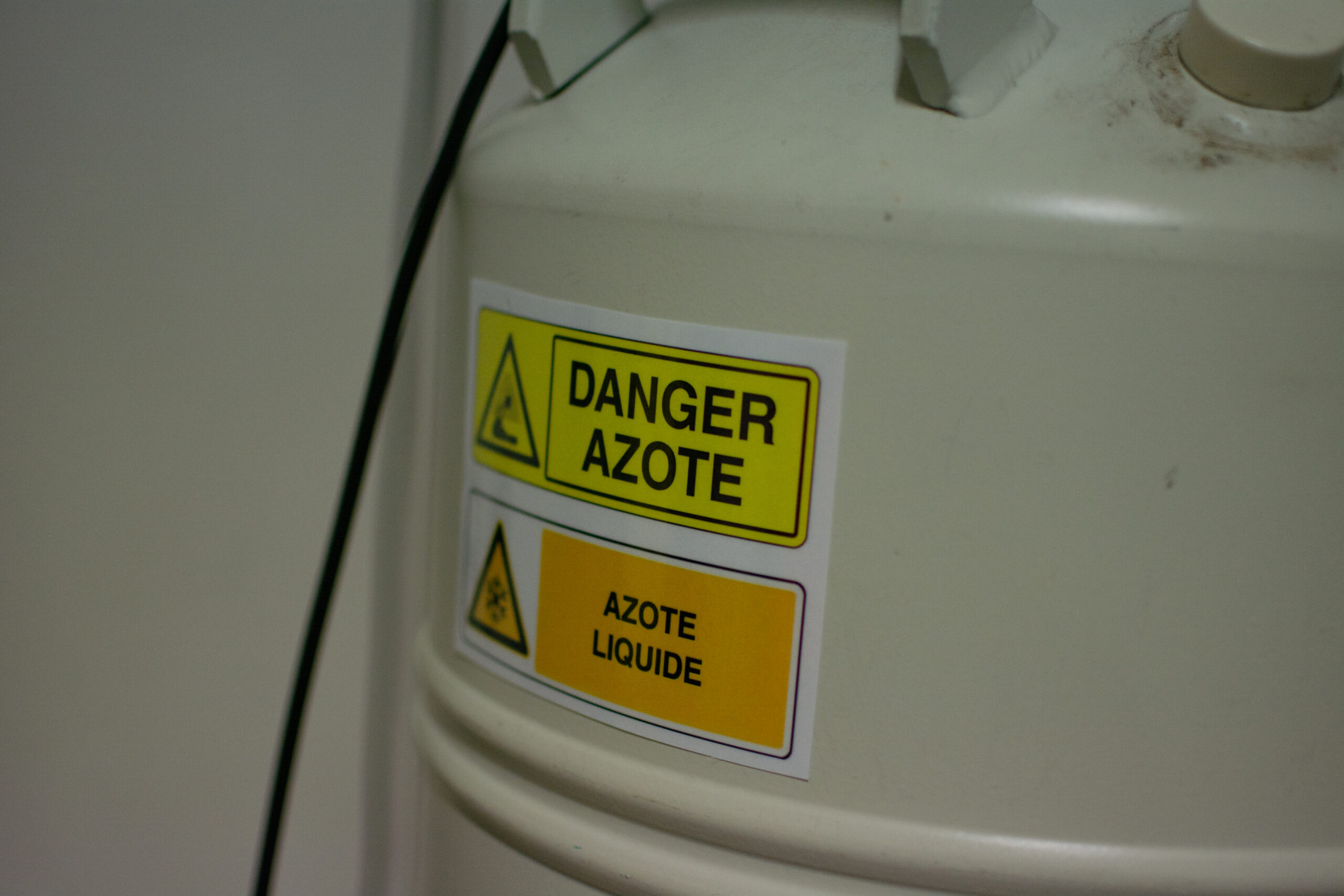Our Microbiology and Phytopathology Laboratory
Conidia Coniphy has a dedicated microbiology and phytopathology laboratory space to carry out a full range of analytical services for our clients.
A space dedicated to microbiological analyses and plant diseases
The Microbiology Laboratory
This laboratory hosts a wide variety of microorganisms: bacteria, molds, microalgae. Organized around a central room, it includes BSCs (Biological Safety Cabinets) and benches for culturing.
Dedicated testing zones
The laboratory includes several distinct areas:
- an area for algae with light racks,
- a culture media preparation area,
- a material resistance testing area with climate chambers.
Directly connected to our molecular biology platform, this lab incorporates the latest innovations in microbiology and phytopathology.
The Phytopathology Laboratory
From May to October, this lab processes wheat, barley, vine, or potato leaves that are cultivated and then infected in greenhouses. Working with live samples requires high responsiveness.
Specialized equipment
The laboratory includes:
- climate chambers with controlled lighting,
- microscopes for disease observation,
- automated systems for high-quality DNA extraction,
- and safety equipment for handling biocides.
Closely linked to molecular biology, this lab enables fast and precise analysis of plant pathogens.
The Molecular Biology Platform
DNA, the carrier of genetic information in microorganisms, is at the heart of the analyses conducted on this platform. Once extracted, it is directed toward different techniques depending on the objective.
Advanced analysis technologies
- PCR allows amplification of a DNA fragment to identify a microorganism.
- Real-time PCR detects the presence of specific DNA within a complex mixture.
- Sequencing (pyrosequencing or NGS) enables characterization of the microflora or detection of genetic mutations.
These tools allow us to understand in detail the diversity and specificities of the studied microorganisms.
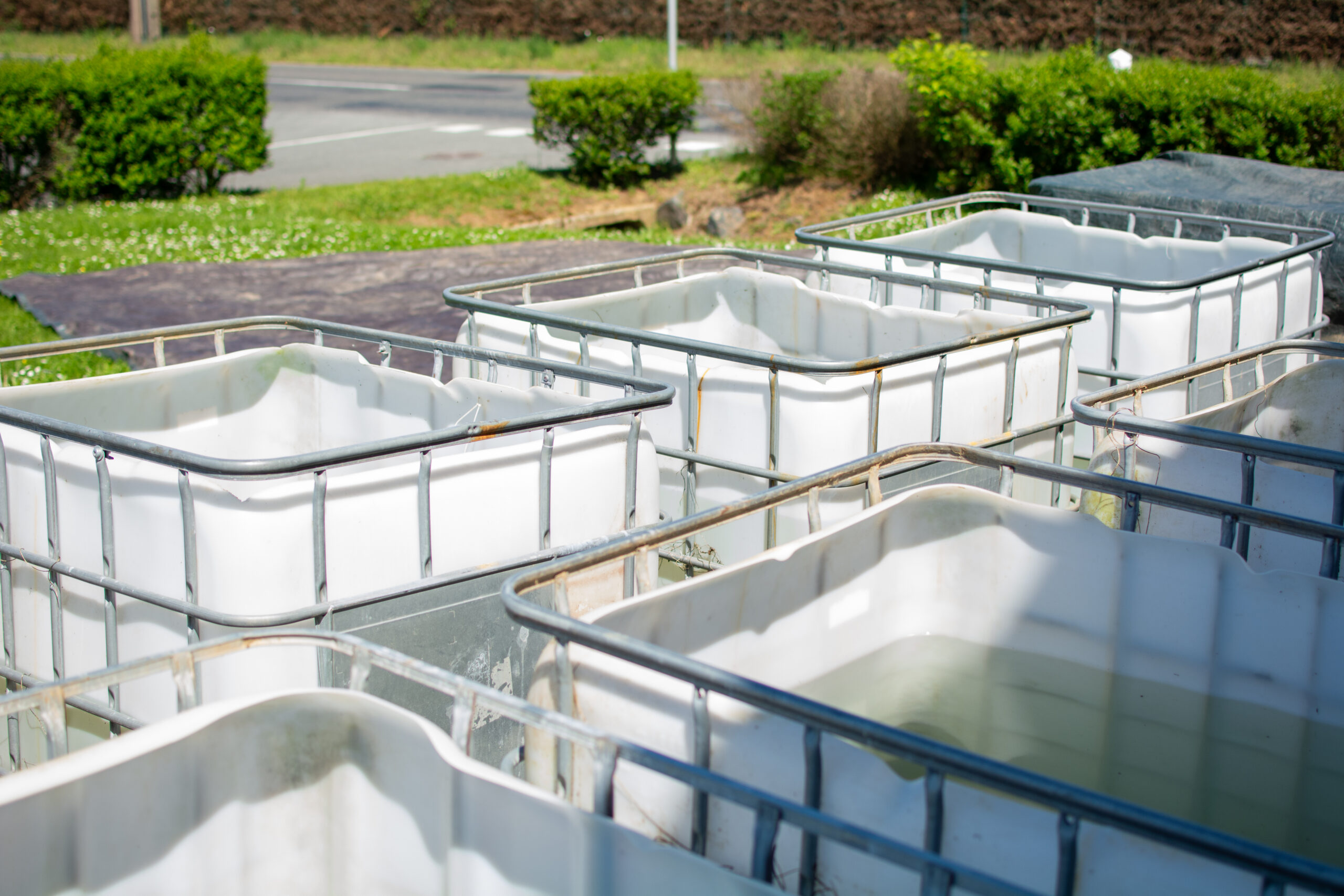
The Algae Area
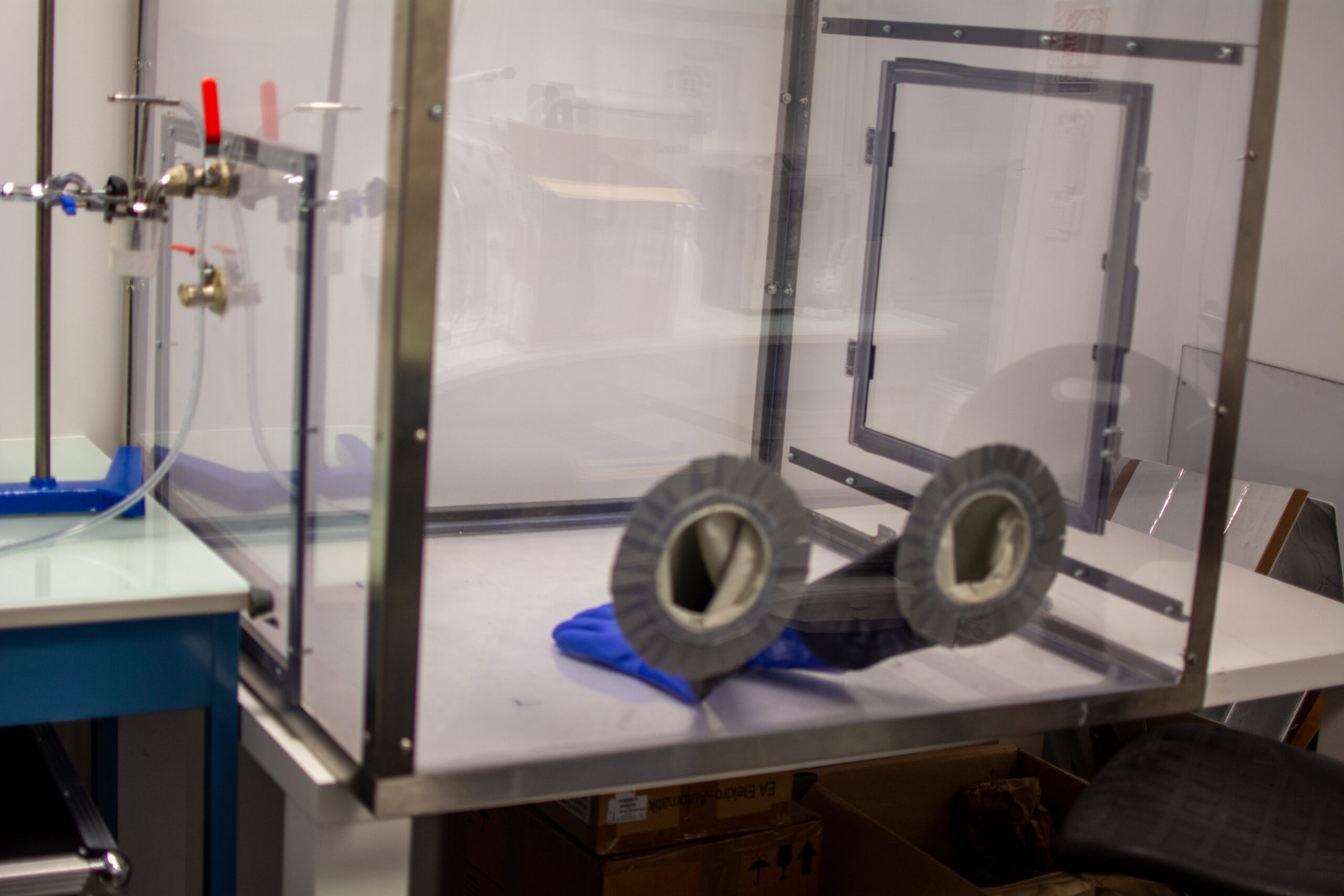
The Air Area
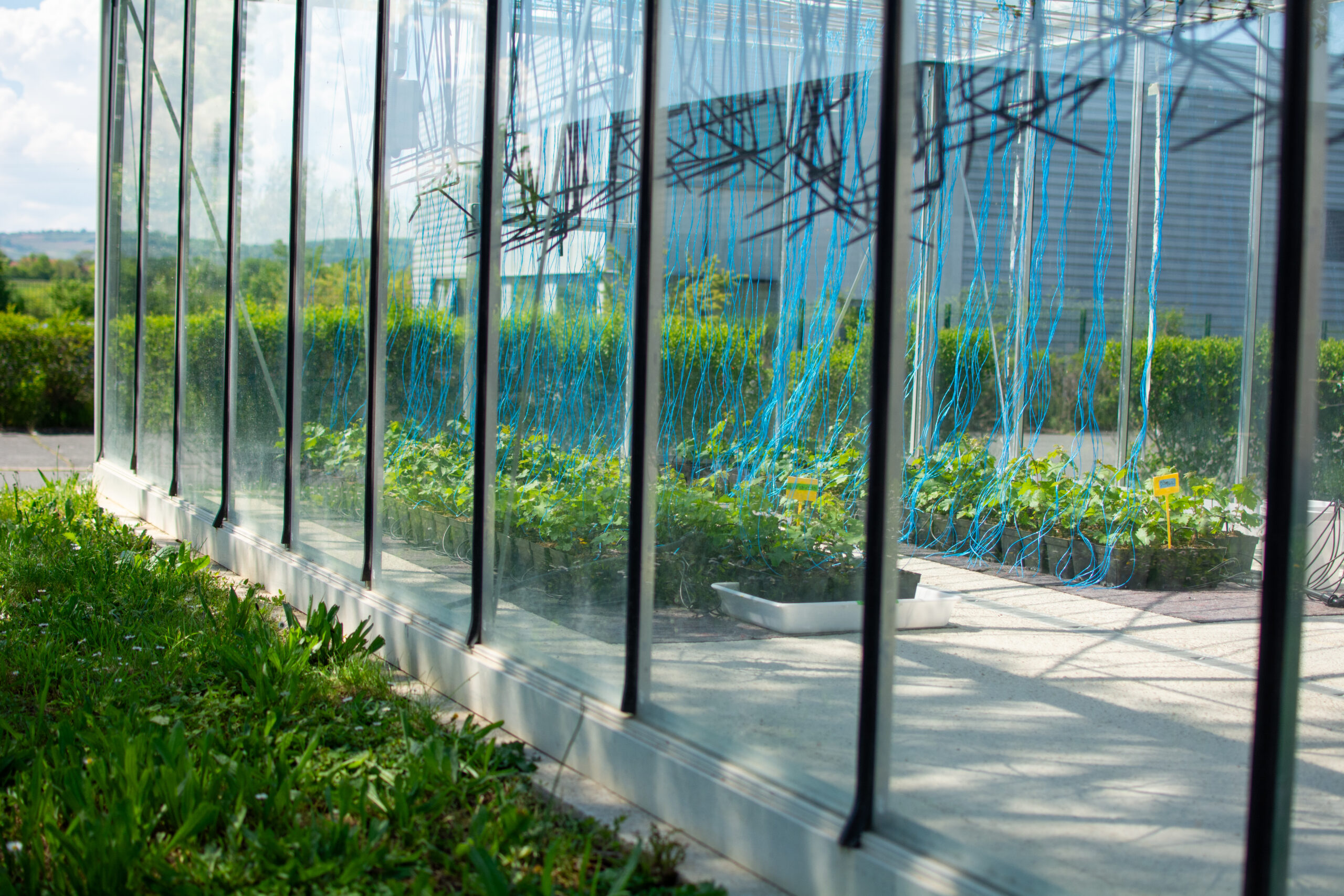
The Greenhouses
A Scientific Team
At Conidia Coniphy, our team of microbiology enthusiasts develops innovative solutions for contamination control. With diverse scientific expertise and a strong culture of innovation, we design tailor-made protocols adapted to each need.
Committed to quality, we offer reliable sampling, analysis, identification, and consulting services, in compliance with regulatory and environmental standards.
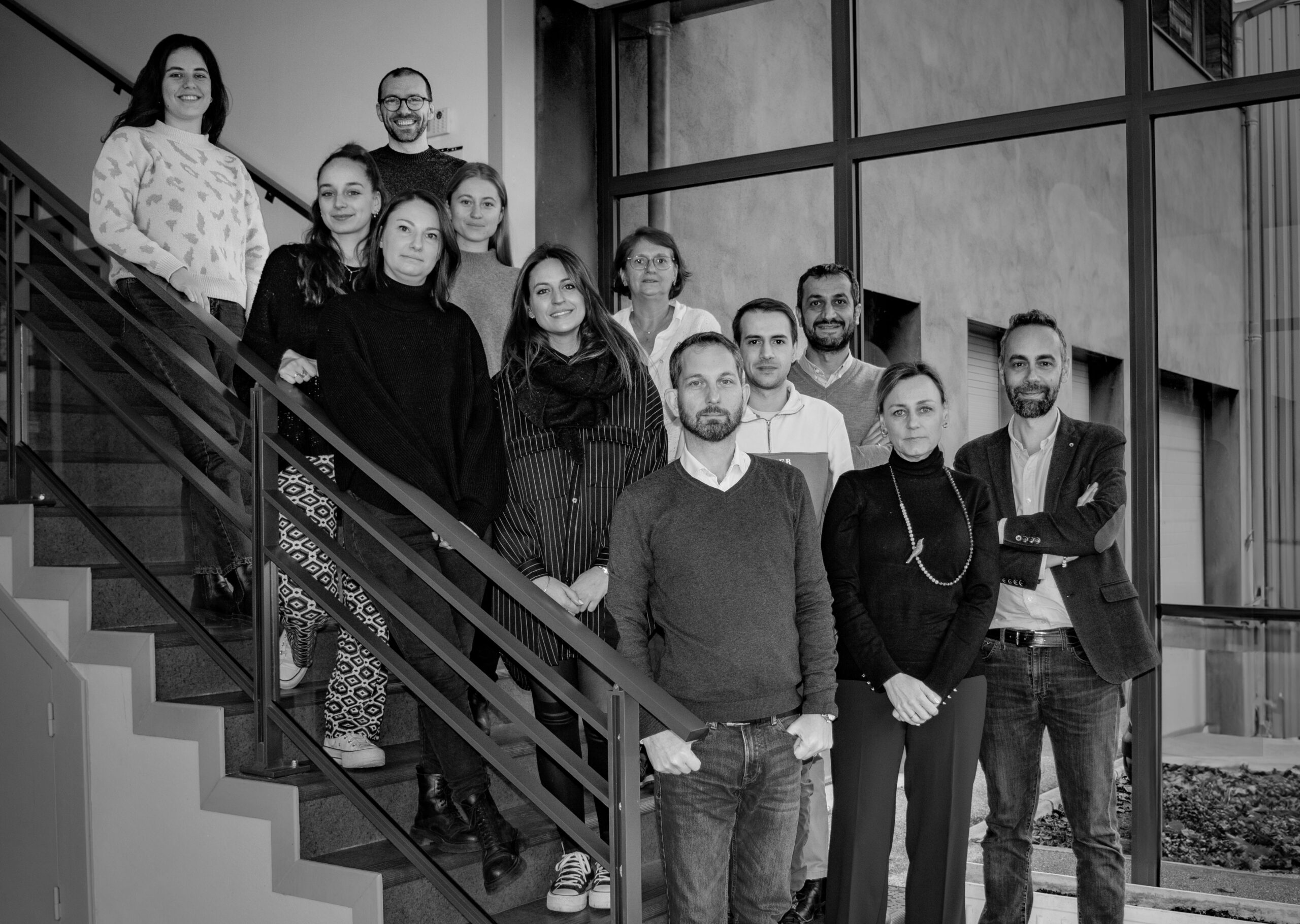
Innovative Projects for Our Clients
At Conidia Coniphy, innovation is at the heart of our mission. Our R&D team, composed of PhDs and engineers, develops cutting-edge microbiology solutions to meet current and future challenges. We develop methods using advanced technologies such as next-generation sequencing (NGS) or products (IDFP) to enhance MALDI-TOF analysis for fast and accurate results.
Our innovative projects can be developed internally to make new methods or products available to all.
Our Research and Development department also works with clients to improve or develop their own tools or products.
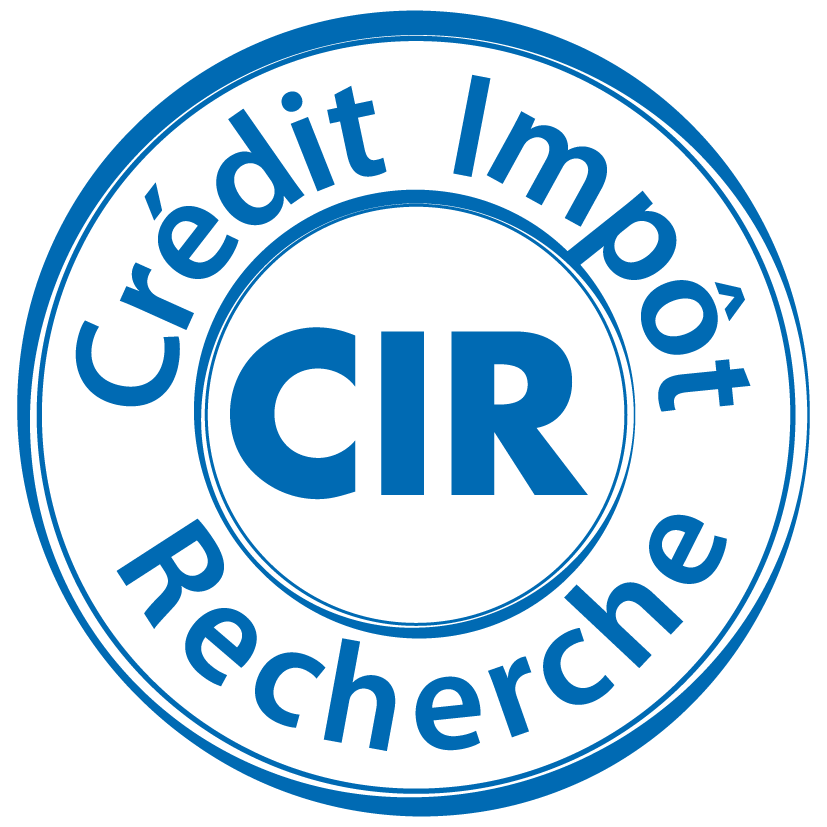
Our solutions associated with our laboratory
Testing the resistance of materials to microorganisms
Phytosanitary product testing
Let's work together !
If you have any needs or questions about environmental microbiology, contact us and we'll provide you with the answers you need.
